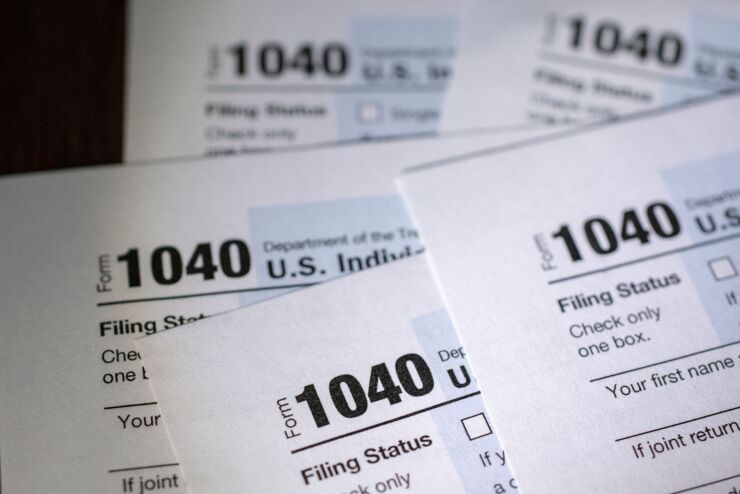For some business owners, sidestepping the $10,000 cap on the state and local tax deduction can trigger more tax bills.
Bypasses to the curb in states including Connecticut and New Jersey provide legal ways for business owners to preserve their full deduction, which includes those often-steep property levies. But some shocked taxpayers can wind up owing more tax than they originally would have.
“There are instances in which using a workaround isn’t worth it,” says Bruce Ely, a tax lawyer at Bradley Arant Boult Cummings in Birmingham, Alabama. “You have to model this thing carefully.”
One of the most

There’s no way for ordinary individuals to avoid the SALT curb, after the Treasury Department
By contrast, taxpayers who live in a state that’s not where their business is located “can wind up paying state taxes in both states,” says Howard Wagner, a CPA and Partner of National Tax Services at Crowe in Louisville, Kentucky.
Here’s what financial planners can tell their clients
The SALT cap
The workarounds
The bypasses involve states levying a new tax on a business, at a rate roughly equivalent to the state's top individual rate. The move lets the business deduct its payment of the tax as a business expense on its federal return, and functionally gives the owners an offset — an amount they can subtract from their federal tax bill — for ‘paying’ their state taxes, thus preserving their SALT deduction.
Connecticut makes paying a workaround tax mandatory for businesses, at 6.99%, but in New Jersey, Louisiana, Maryland, Oklahoma, Rhode Island and Wisconsin, it’s optional.
Where it gets complicated, experts say, is when owners or investors in a business or fund are spread out across America.
Say you’re part of a commodities investment fund organized as a partnership in New Jersey. Three fund owners live in that workaround state, while two others reside in New York. The partnership uses the bypass and distributes its profits. The three New Jersey owners preserve their SALT deduction. The New York owners might think that they do, too.
Only they don’t.
Financial planners know that most states tax their residents on the income they earn in all states, not just on where they live. And that under federal law, states give a so-called ‘reciprocal’ credit that offsets taxes paid in other states, so that you’re taxed only on where you actually live.
Experts have identified a dozen credits, deductions and more as worth particular attention this year.
But reciprocal credits are for people, not for businesses. Because the SALT cap workarounds have shifted things from the individual to the business, a state
With New York's rates topping out at
‘Subsidizing’ other business owners
The result, according to a
Christopher Doyle, also a partner at Hodgson Russ and the firm’s State and Local Tax Practice Leader, says he thinks that states will eventually find ways to avoid collecting the additional tax.
But for now, Pascal says, because all owners of a partnership typically have to agree to use a SALT cap workaround, financial advisors for businesses with far-flung partners “are the ones that have help their clients try to figure out” if using a workaround “is worth it.”






